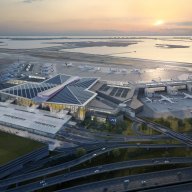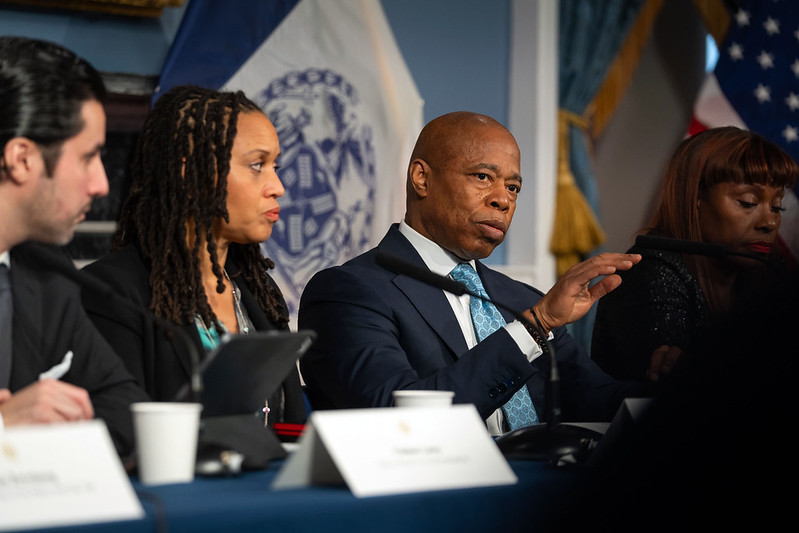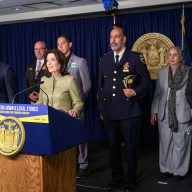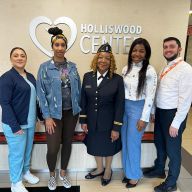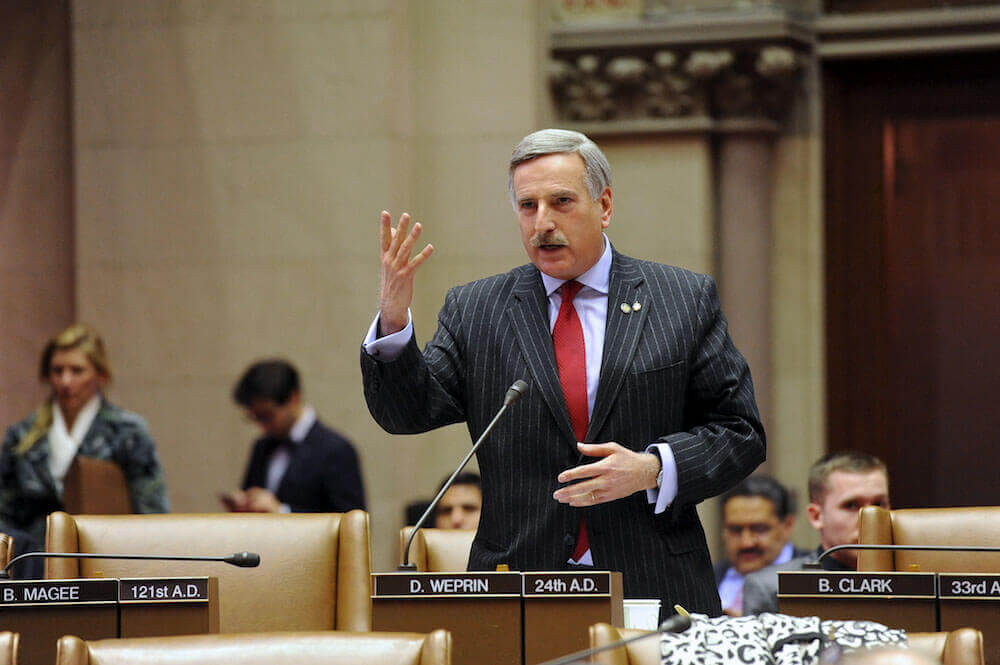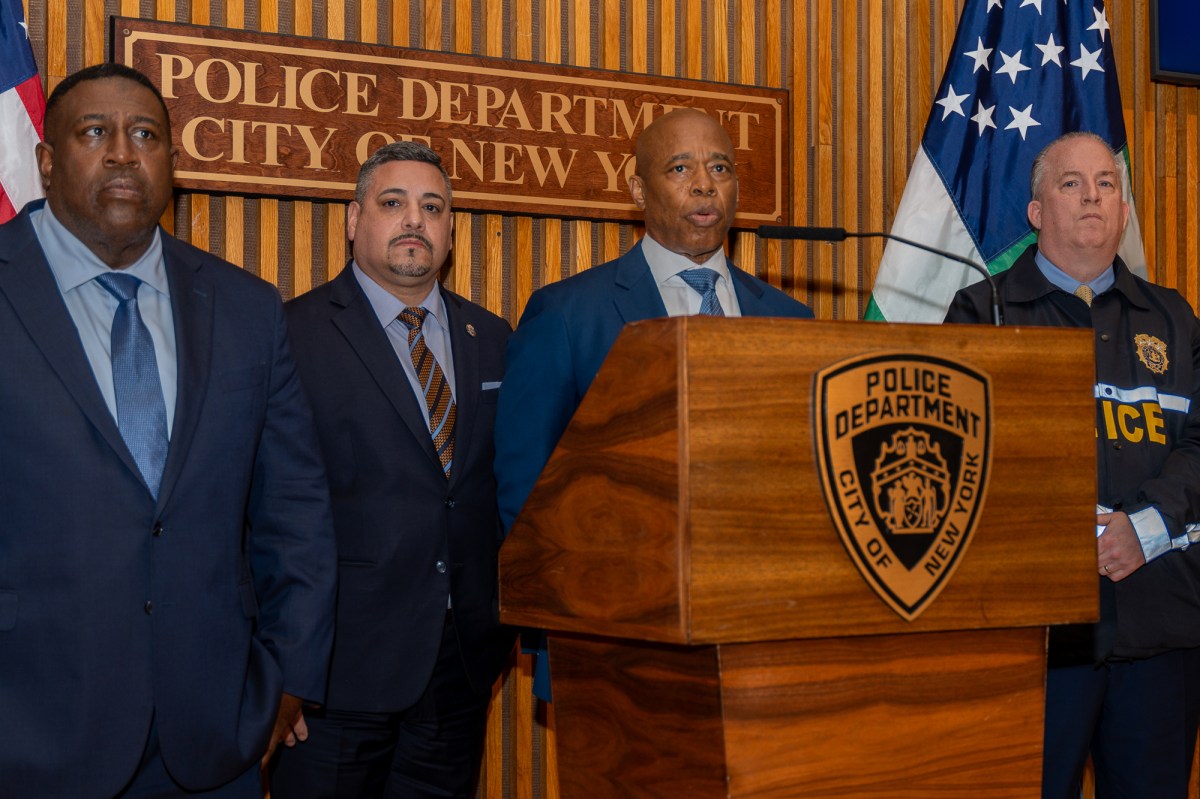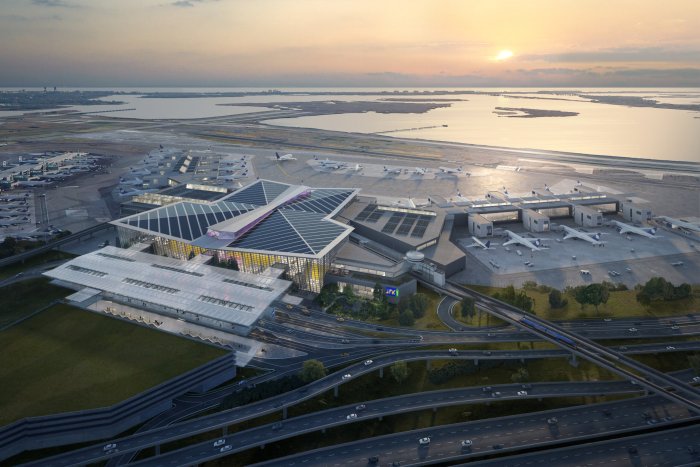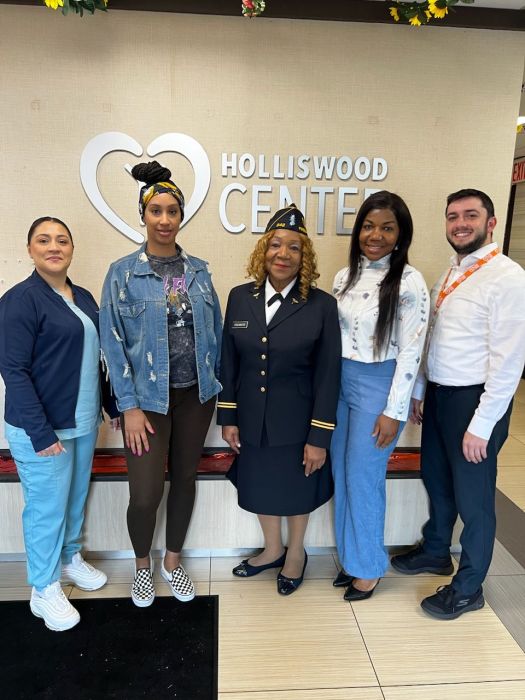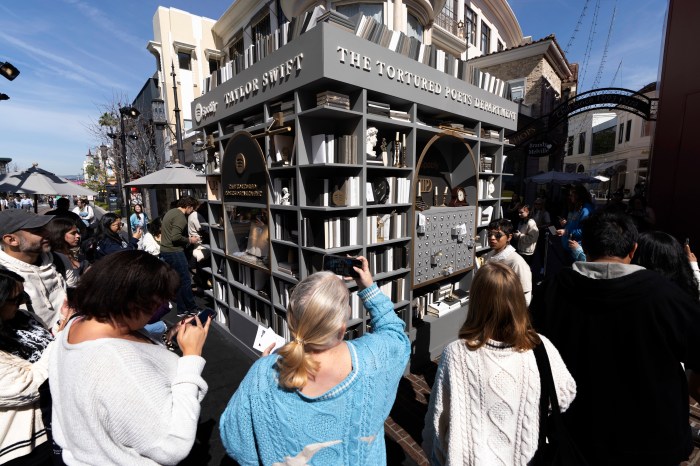By Jonathan Kay
Imam Mohammad Nabi Yusufi of the Afghan Immigrants Islamic Center in Flushing led a prayer service Friday to commemorate the innocent people who died in the Sept. 11 terrorist attacks and rued the impact on Afghans both in his community and in Afghanistan.
The assault on the World Trade Center and other U.S. targets “affected all the Muslims and Afghans all over the world,” Yusufi said through a translator. “It was very sad and un-Islamic.”
After a tightly packed mosque had completed its prayers, Yusufi spoke to the center’s male members, who were separated from the women. He quoted Koranic verse which condemns the killing of any indefensible living thing and spoke briefly about the sorrow he said his community felt after the attacks.
Many of the center’s members came to the United States soon after the Soviet Union invaded Afghanistan in 1979, Yusufi said. A number of the Afghans immigrants decided to settle in Flushing, which has become the center of the Afghan population in the northeastern United States.
Yusufi absolved Afghanistan’s civilians of responsibility in the recent attacks and traced the Afghan government’s troubled history to the Soviet invasion.
The government had been under the control of the Islamic fundamentalist Taliban after September 1996 when it successfully invaded the country’s capital of Kabul.
al-Qaeda leader Osama bin Laden, a Saudi Arabian suspected of masterminding the Sept. 11 attacks, brought his network’s headquarters and training facilities into Afghanistan in 1994. The Afghan government harbored the terrorist network until the Taliban was driven and the new government was established at the end of last year.
“I guarantee there was no Afghan involvement of a single person,” Yusufi said in an interview about the ripple effects of the World Trade Center attacks on his people.
“This was the job of the Arabs,” he said after the service. “In 1979, 4 million people fled the country. That’s when the Arabs came and stayed in Afghanistan. That’s when the problems started.”
In the year since the attacks most of his congregation has fallen victim to at least some sort of undeserved stereotyping, Yusufi said, although none of them have been harmed physically.
Wise Mohammal, a 22-year Flushing resident who left Afghanistan right after the Russian invasion, was hit particularly hard by fermenting anti-Muslim sentiment in the United States when his young daughter became her classmates’ target for verbal abuse, he said.
“The kids were calling her names,” Mohammal said as he stopped to talk after the service ended. “She’s no longer wearing a hijab to school because of 9/11.”
Congregants also voiced concern for those Afghans who never left their native country.
“There is a lot that needs to be done for Afghan children and civilians,” said Gohn Carvan, a 13-year Flushing resident. “They need a lot of help and we hope that message goes out to everyone. Those countries that promised to support Afghanistan have not yet helped the Afghan people.”
Yusufi said the association of Afghanistan with the al-Qaeda network has given the world a distorted view of Afghans and he also warned that the country’s future will be bleak without international support.
“No one is looking at them in the same way,” Yusufi said of Afghans. “People see them as primitive. The world has promised the Afghan government and people they would help, but until now they haven’t helped. People will be killing and stealing and there will be no education.”
Although conversation shifted among the various effects of the Sept. 11 attacks, Yusufi never lost the focus of his special service: commemorating the dead and castigating the terrorists.
“The Afghans have condemned what happened and send their blessings to those who died innocently,” Yusufi said. “Killing of innocent civilian people is condemned in any form by the religion of Islam.”







